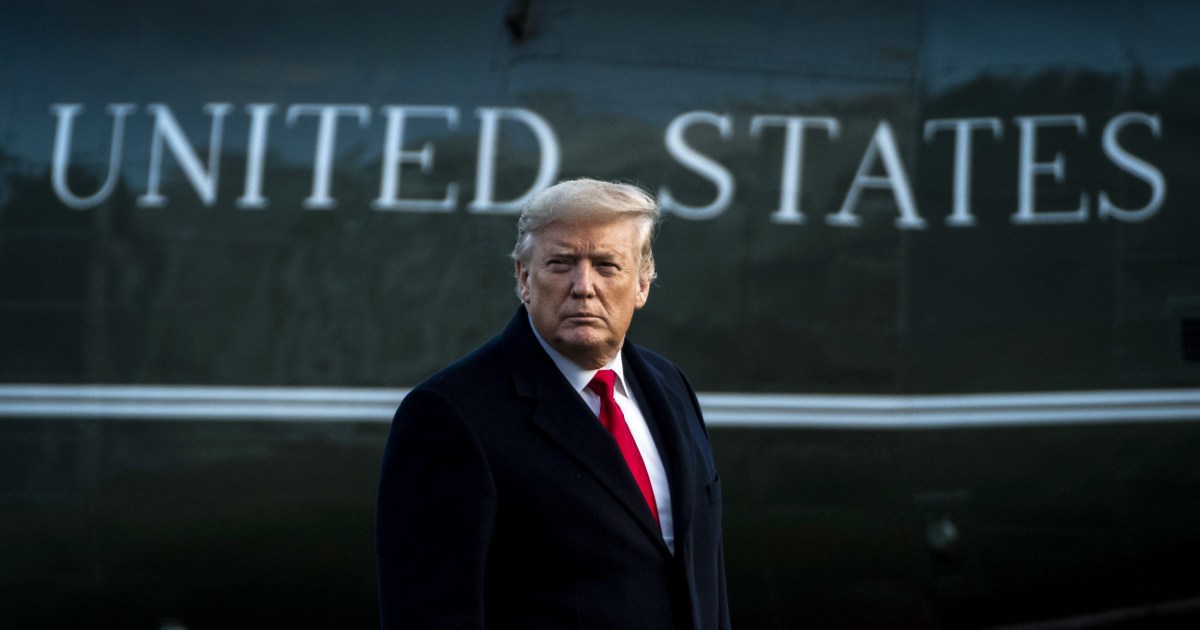I haven't read much on this, but how have they determined that people have the virus a full week before the virus provides any symptoms?
Early on, there were several "cluster" incidents (such as the one at the
nursing facility in Washington), following which people who had been present only reported showing symptoms seven days later.
I mean, that was what tipped doctors off in the first place. Since it was first suggested, it's been proven by extensive testing of asymptomatic people shortly after they've come into contact with symptomatic people. They get tested as a result of contact-tracing; they return positive despite lacking outward symptoms; later, the symptoms emerge.
On top of that, the people that "have" covid but never actually get sick. I don't know much about virology but I don't know how a virus transmits from a host that cannot be affected by it in the first place.
Asymptomatic people still act as carriers. There can still be an infectious viral load in their saliva, or borne on their breath. Though, yes, the risk is lower if they're not coughing, because the water droplets aren't being
projected, but water droplets from regular breathing can still hang on the air for long enough.
I had doubts about asymptomatic people in regards to this from the start, due to the high likelihood off false-positives being a thing. Especially early on when the test came out really quickly which made it hard to believe it could be 100% accurate, and i don't even think it's 100% now.
Couldn't asymptomatic folks simply be false-positives?
Firstly, false negatives are actually much more common than false positives. We've had several of those "speedy" tests in the UK turn out to be unable to detect the viral load from somebody who's actually infected.
But, in short, no. There may be a few false positives from the DIY tests, but asymptomatic people have been testing positive even in tests delivered in sterile conditions by professionals.
Not saying that there aren't people who have it and never know they have it, just how do you handle something that you have no clue you could have for over a week, meanwhile you are spreading it? Oh wait......everyone wearing a mask would probably do it.
Contact-tracing and mass testing would be more reliable. Then, those who are negative can still go out, and needn't waste 14 days inside.
Even still, the virus being crazy transmittable doesn't seem too likely to be contained. Even after lockdowns the second things opened it blew up again (supposedly), but if everyone was locked down then should the virus have been dead within all these people? Unless even after you recover you can still pass this thing along?
This is why transmission lowered so much during lockdown. It worked. But a few months of lockdown, long after the virus has already had time to become widespread and embedded in communities around the world, was never going to entirely destroy it.
If a lockdown was implemented before widespread transmission, and enforced, then yes, it can essentially defeat the virus. New Zealand acted straight away and has seen something like 30 deaths
overall. As a result, they don't need to pursue the endless draconian measures we're seeing elsewhere.








